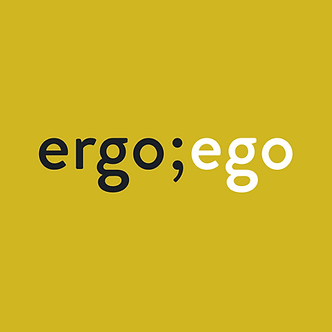In the current job market landscape, where competition is steep and opportunities are sought after, understanding how to excel in a job interview is more crucial than ever. Failing to prepare for the (excel in the) interview process can result in:
Poor Body Language: Negative body language such as slouching, avoiding eye contact, fidgeting, or crossing arms can convey nervousness, lack of confidence, or disinterest in the job.
Inappropriate Attire: Wearing inappropriate attire, whether it’s too casual or too formal for the company culture or position, can create a negative impression and suggest a lack of understanding of professional norms.
Inability to Articulate Skills and Experience: Failing to effectively communicate your skills, experiences, and accomplishments can make it difficult for interviewers to assess your qualifications and fit for the role.
Lack of Enthusiasm: Demonstrating a lack of enthusiasm or passion for the job opportunity can signal to employers that you may not be fully committed or invested in the position.
Inconsistent Messaging: Providing inconsistent or contradictory information throughout the interview can raise red flags about your honesty, reliability, or attention to detail.
Poor Communication Skills: Difficulty in expressing yourself clearly, concisely, and professionally can hinder effective communication and may lead interviewers to question your ability to collaborate and communicate with colleagues.
Failure to Ask Questions: Not asking thoughtful questions about the company, role, or culture during the interview can signal a lack of interest, curiosity, or preparation.
The pain point of not learning how to navigate a job interview
Not learning how to navigate a job interview should be managed as a significant pain point within professional interactions for several reasons:
- Weak Body Language: Candidates may exhibit nervousness, lack of confidence, or disinterest through their body language, which can negatively impact the interviewer’s perception.
- Inconsistent Messaging: Providing inconsistent or contradictory information throughout the interview can raise red flags about your honesty, reliability, or attention to detail.
- Inability to Articulate Skills and Experience: Failing to effectively communicate your skills, experiences, and accomplishments can make it difficult for interviewers to assess your qualifications and fit for the role.
Can Communication Solve It?
Communication skills play a significant role on impressing your interviewer:
- Confidence Building: Effective communication techniques, such as active listening and assertive communication, can boost candidates’ confidence during interviews.
- Improved Conviction: Communication skills enable candidates to articulate their experiences, qualifications, and suitability for the role effectively.
- Manage nervousness: Learning to manage nerves & pressure can help candidates appear more composed and confident in interviews.
By improving communication skills and addressing the pain points associated with having effective job interview skills, individuals can increase their opportunities, learn how to present their skills convincingly and present themselves confidently.
